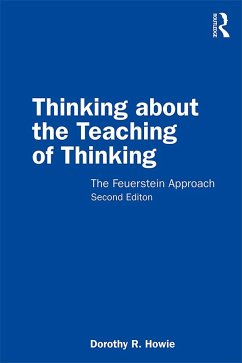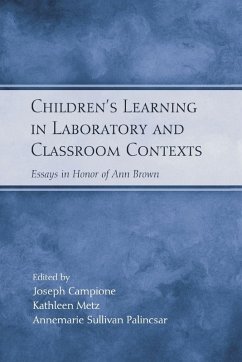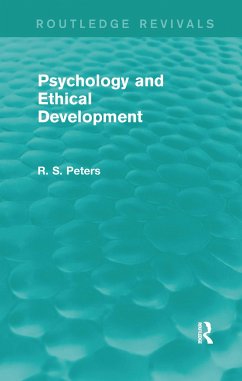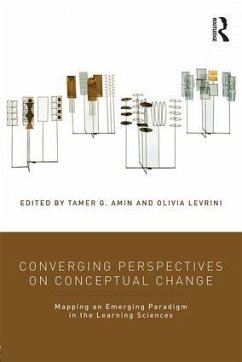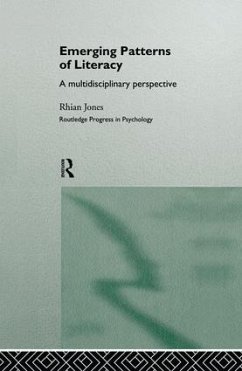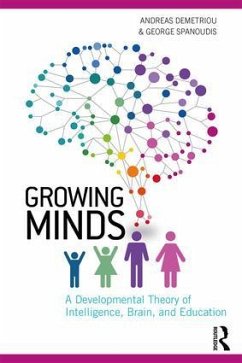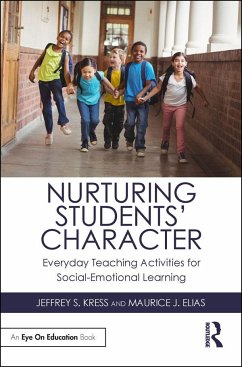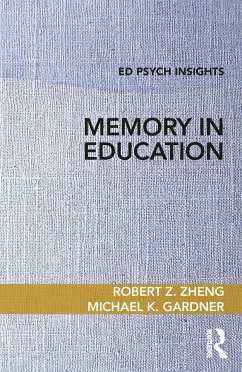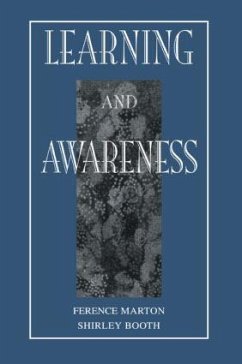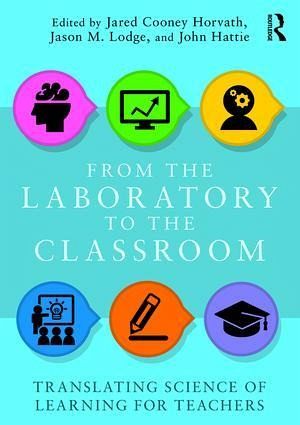
From the Laboratory to the Classroom
Translating Science of Learning for Teachers
Herausgeber: Horvath, Jared Cooney; Hattie, John; Lodge, Jason M.
Versandkostenfrei!
Versandfertig in 1-2 Wochen
65,99 €
inkl. MwSt.

PAYBACK Punkte
33 °P sammeln!
Over recent years the field of Science of Learning has increased dramatically. Unfortunately, despite claims that this work will greatly impact education, very little research makes it into teacher practice. Although the reasons for this are varied, a primary concern is the lack of a proper translation framework. From the Laboratory to the Classroom aims to consolidate information from many different research disciplines and correlate learning principles with known classroom practices in order to establish explanatory foundations for successful strategies that can be implemented into the class...
Over recent years the field of Science of Learning has increased dramatically. Unfortunately, despite claims that this work will greatly impact education, very little research makes it into teacher practice. Although the reasons for this are varied, a primary concern is the lack of a proper translation framework. From the Laboratory to the Classroom aims to consolidate information from many different research disciplines and correlate learning principles with known classroom practices in order to establish explanatory foundations for successful strategies that can be implemented into the classroom. It combines theoretical research with the diverse and dynamic classroom environment to deliver original, effective and specific teaching and learning strategies and address questions concerning what possible mechanisms are at play as people learn. Divided into five sections, chapters cover: A Framework for Organizing and Translating Science of Learning Research Motivation and Attention as Foundations for Student Learning Memory and Metamemory Considerations in the Instruction of Human Beings Science of Learning in Digital Learning Environments Educational Approaches for Students Experiencing Learning Difficulties and Developmental Characteristics of Gifted Children Brain, Behaviour and Classroom Practice Forging Research/Practice Relationships via Laboratory Schools This fascinating text gathers an international team of expert scientists, teachers, and administrators to present a coherent framework for the vital translation of laboratory research for educational practice. Applying the Science of Learning framework to a number of different educational domains, it will be an essential guide for any student or researcher in education, educational psychology, neuropsychology, educational technology and the emergent field of neuroeducation.





